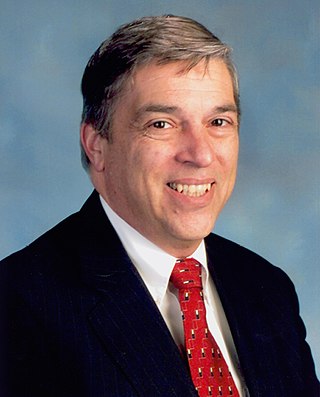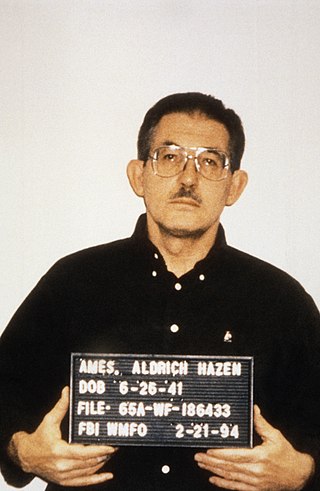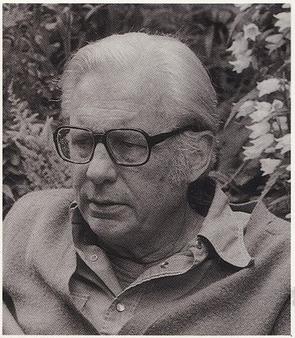
Monaco, officially the Principality of Monaco, is a sovereign city-state and microstate on the French Riviera a few kilometres west of the Italian region of Liguria, in Western Europe, on the Mediterranean Sea. It is a semi-enclave bordered by France to the north, east and west. The principality is home to 38,682 residents, of whom 9,486 are Monégasque nationals; it is recognised as one of the wealthiest and most expensive places in the world. The official language is French; Monégasque, English and Italian are spoken and understood by many residents.

Allen Welsh Dulles was an American lawyer who was the first civilian Director of Central Intelligence (DCI), and its longest serving director. As head of the Central Intelligence Agency (CIA) during the early Cold War, he oversaw the 1953 Iranian coup d'état, the 1954 Guatemalan coup d'état, the Lockheed U-2 aircraft program, the Project MKUltra mind control program, and the Bay of Pigs Invasion in 1961. As a result of the failed invasion of Cuba, Dulles was fired by President John F. Kennedy.

Robert Philip Hanssen was an American Federal Bureau of Investigation (FBI) agent who spied for Soviet and Russian intelligence services against the United States from 1979 to 2001. His espionage was described by the Department of Justice as "possibly the worst intelligence disaster in U.S. history".

Aldrich Hazen Ames is an American former CIA counterintelligence officer who was convicted of espionage on behalf of the Soviet Union and Russia in 1994. He is serving a life sentence, without the possibility of parole, in the Federal Correctional Institution in Terre Haute, Indiana. Ames was known to have compromised more highly classified CIA assets than any other officer until Robert Hanssen, who was arrested seven years later in 2001.

Princess Caroline Louise Marguerite of Monaco is Princess of Hanover by marriage to Prince Ernst August. As the eldest child of Rainier III, Prince of Monaco, and Grace Kelly, she is the elder sister of Albert II, Prince of Monaco, and Princess Stéphanie.
Oleg Danilovich Kalugin is a former KGB general. He was during a time, head of KGB political operations in the United States and later a critic of the agency. After being convicted of spying for the West in absentia during a trial in Moscow, he remained in the US and was sworn in as a citizen on 4 August 2003.

Robert Booker Baer is an American author and a former CIA case officer who was primarily assigned to the Middle East. He is Time's intelligence columnist and has contributed to Vanity Fair, The Wall Street Journal, and The Washington Post. Baer speaks eight languages, won the CIA Career Intelligence Medal and is a frequent commentator and author about issues related to international relations, espionage, and U.S. foreign policy. He hosted the History reality television series Hunting Hitler. He is an Intelligence and Security Analyst for CNN. His book See No Evil was adapted by the director Stephen Gaghan and used as the basis for the film Syriana, with George Clooney playing Baer's character.

Miles Axe Copeland Jr. was an American musician, businessman, and Central Intelligence Agency (CIA) founding member best known for his relationship with Egyptian leader Gamal Abdel Nasser and his public commentary on intelligence matters. Copeland participated in numerous covert operations, including the March 1949 Syrian coup d'état and the 1953 Iranian coup d'état.

David Reynolds Ignatius is an American journalist and novelist. He is an associate editor and columnist for The Washington Post. He has written eleven novels, including Body of Lies, which director Ridley Scott adapted into a film. He is a former adjunct lecturer at the Kennedy School of Government at Harvard University and was a Senior Fellow to the Future of Diplomacy Program from 2017 to 2022.

The Central Intelligence Agency, known informally as the Agency, metonymously as Langley and historically as the Company, is a civilian foreign intelligence service of the federal government of the United States tasked with gathering, processing, and analyzing national security information from around the world, primarily through the use of human intelligence (HUMINT) and conducting covert action through its Directorate of Operations. The agency is headquartered in the George Bush Center for Intelligence in Langley, Virginia.

Erik Dean Prince is an American businessman, investor, and former U.S. Navy SEAL officer, and the founder of the private military company Blackwater. He served as Blackwater's CEO until 2009 and as its chairman until its sale to a group of investors in 2010. Prince heads the private equity firm Frontier Resource Group and was chairman of the Hong Kong-listed Frontier Services Group until 2021. Prince is the son of engineer and businessman Edgar Prince, and the brother of former U.S. Secretary of Education Betsy DeVos.
Victor Leo Marchetti Jr. was a special assistant to the Deputy Director of the Central Intelligence Agency who later became a prominent critic of the United States Intelligence Community and the Israel lobby in the United States.
Janice Pottker is a Potomac, Maryland, author. She has a Ph.D. in sociology from Columbia University. She has lectured for the Smithsonian Institution, for the Franklin D. Roosevelt Presidential Library and Museum and for the Corcoran Gallery of Art.

Monaco–Russia relations is the bilateral relationship between the Principality of Monaco and the Russian Federation.
The United States of America has conducted espionage against the Soviet Union and its successor state, the Russian Federation.

Edward Joseph Snowden, born June 21, 1983) is an American former NSA intelligence contractor and whistleblower who leaked classified documents revealing the existence of global surveillance programs. He became a naturalized Russian citizen in 2022.

Ruse is an autobiographical account written by investigative journalist and FBI counterintelligence operative, Robert Eringer. Ruse covers the author's covert interactions with CIA defector, Edward Lee Howard in the late years of his life. The primary objective is to convince Howard to travel outside of Russia, to a jurisdiction where he could be arrested and extradited. Eringer's cover as a literary agent also allows him to gain the confidence of the 23 year fugitive, Unicorn Killer. Frustrated with extradition negotiations, the FBI approved Eringer's plan to keep tabs on Einhorn in case that he would attempt to flee from France during extradition negotiations. Activities described in Ruse also expose Cuban intelligence (DGI) operatives in Washington D.C., and preemptively exposed a Cuban plot to disenfranchise Senator Bob Menendez. When allegations were made against the Senator in 2012, a short passage from Ruse, reported in The Record in 2008, caused Alex Seitz-Wald (Salon) to Tweet his theory.

The Russian government conducted foreign electoral interference in the 2016 United States elections with the goals of sabotaging the presidential campaign of Hillary Clinton, boosting the presidential campaign of Donald Trump, and increasing political and social discord in the United States. According to the U.S. intelligence community, the operation—code named Project Lakhta—was ordered directly by Russian president Vladimir Putin. The "hacking and disinformation campaign" to damage Clinton and help Trump became the "core of the scandal known as Russiagate". The 448-page Mueller Report, made public in April 2019, examined over 200 contacts between the Trump campaign and Russian officials but concluded that there was insufficient evidence to bring any conspiracy or coordination charges against Trump or his associates.

Disinformation: Former Spy Chief Reveals Secret Strategies for Undermining Freedom, Attacking Religion, and Promoting Terrorism is a 2015 non-fiction book about disinformation tactics and history rooted in information warfare. It was written by former general in the Securitate, the secret police of Socialist Republic of Romania, Ion Mihai Pacepa, and law professor Ronald J. Rychlak. It was published in 2013 along with a companion film, Disinformation: The Secret Strategy to Destroy the West.
Events in the year 2007 in Monaco.















